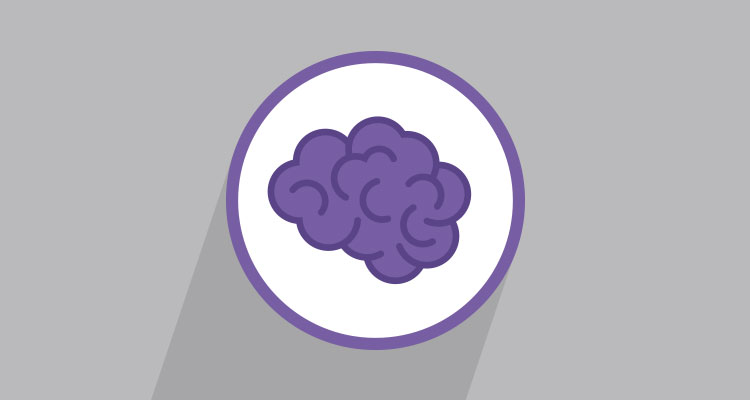Ready to crack the code and solve the mystery behind why teens act the way they do? There are no instruction manuals for raising teens, but this Learning Liftoff infographic will take you through the science of the teen brain and help you determine the dangers and recognize the potential for the teens in your life. For more insight into what they are thinking read this post from Career Educator Patrick Keeney. Plus, don’t miss Learning Liftoff’s previous articles about teens. A printable version of this infographic is also available to download.
print here
[toggler title=”Full Transcript Here” ]Understanding the Teen Brain
The Science of the Teen Brain
The teen brain’s frontal lobes, used for decision making and problem solving, are not yet fully insulated so signals move slowly to the rest of the brain. This lack of full insulation leads to impulsive decisions.
Determine the Dangers
Because their brains are still maturing, teenagers are more prone to addiction than adults. Kids who drink alcohol before the age of 15 are five times more likely to develop alcoholism or dependence than those who begin drinking after the age of 21.
Beware of Driving Distractions
Teens are four times more likely to crash their cars than adults. According to AAA, distraction is a factor in more than half of teen car crashes.
Set Limits!
Kids average more than 10 hours of media time every day! That’s about 68% of the time they’re awake.
Get Some Rest!
Sleep is essential for learning. Teens should get 8-10 hours of sleep. 9.25 hours is recommended.
The Science of Sleep
Most high school students are sleep deprived. Stay off the cell phone at night. Artificial light is a stimulus and decreases the chemicals that bring on sleep.
90% of Americans use some type of electronic device before bedtime. Monitor this activity!
68% of 15-to-I7-year-olds said they keep an electronic device on throughout the night.
20% fall asleep in class.
Teens who get less than 6 hours of sleep are more likely to perform poorly on tests.
Promote the Possibilities
Teens have better memory! Incidental memory peaks at age 12 and then continues to decline through adulthood.
Use it or lose it!
As teens learn and experience new things, they will continue to make and build new brain connections. IQ scores can rise or fall 20 pts.
Recognize their Potential
Since a teen’s brain is still changing, there’s high potential for increasing IQ. Once you understand the mysteries of your teen’s brain, you can protect them from bad behaviors and help them benefit from their amazing potential to learn and mature![/toggler]
Infograph © LearningLiftoff – Powered by K12






































